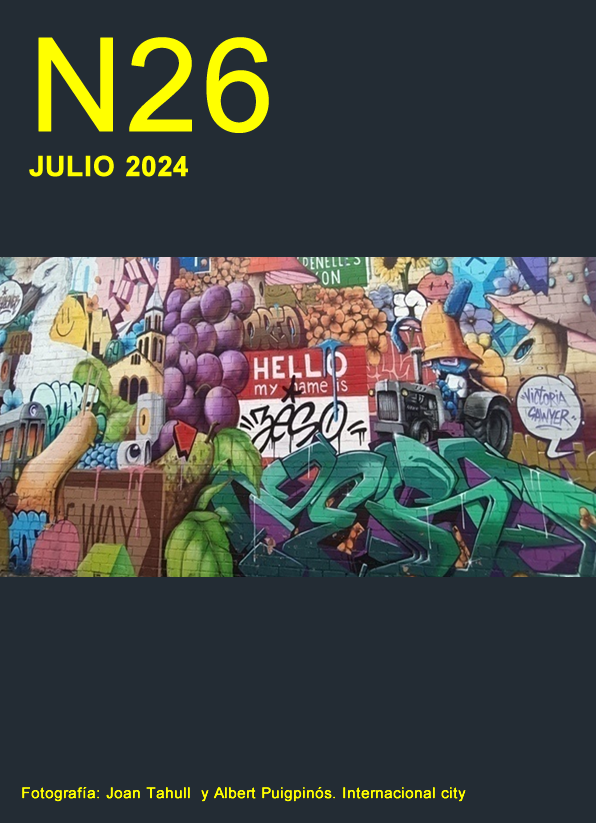Abstract
In this text I discuss the conception of Europe through the analysis of several authors such as Boaventura de Sousa, Ramón Grosfoguel, Aníbal Quijano, and so on. The study is divided into two parts: the first section focuses on the critique of a unified Europe as a concept, as well as the vision of Europe as the centre of the world and its “natural” borders. The second section analyses the relationship between Europe and Latin America and Africa, highlighting the colonial character of this relationship and the epistemological and worldview consequences that emerged. Similarly, I reflect on Boaventura de Sousa's abyssal thinking as a tool for questioning the forms of knowledge that we use and have inherited from academia on the European continent. Finally, I conclude that the concept of Europe has been forged by the economic and colonial powers of the seventeenth and eighteenth centuries through the historiography of those countries. Likewise, I add that today's idea of Europe continues to be used as a colonial tool to maintain the continent's hegemony over former colonised territories.

This work is licensed under a Creative Commons Attribution-NonCommercial-ShareAlike 4.0 International License.
Copyright (c) 2024 La Universidad de Sevilla se reserva todos los derechos sobre el contenido de las revistas científicas tuteladas por su editorial. Los respectivos textos no pueden ser utilizados, distribuirse, comercializarse, reproducirse o transmitirse por ningún procedimiento informático, electrónico o mecánico con ánimo de lucro, directo o indirecto, ni tampoco incluirse en repositorios ajenos, sin permiso escrito de la Editorial Universidad de Sevilla. La distribución de estas obras derivadas se debe hacer con una licencia igual a la que regula la obra original y podrán ser usados y citados para fines científicos y referenciados con transformación para usos académicos, indicándose en todo caso la autoría y fuente, pudiendo para ello remitir al correspondiente enlace URL de Internet

